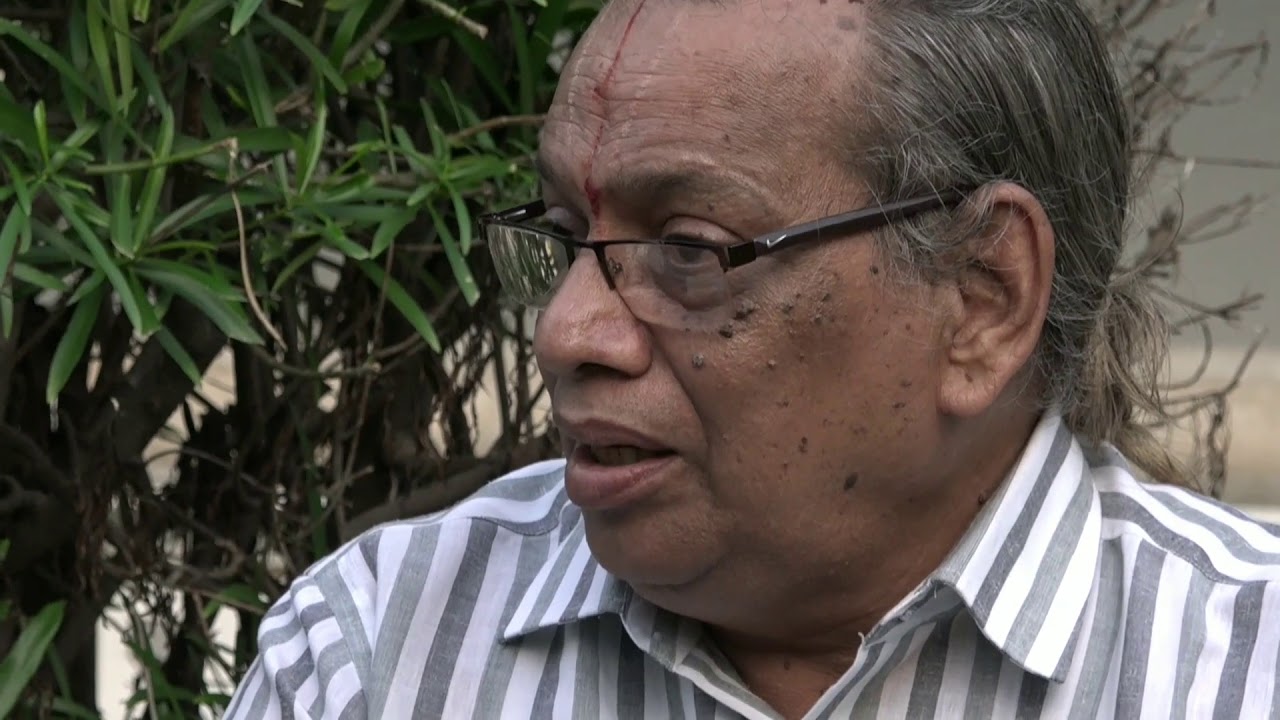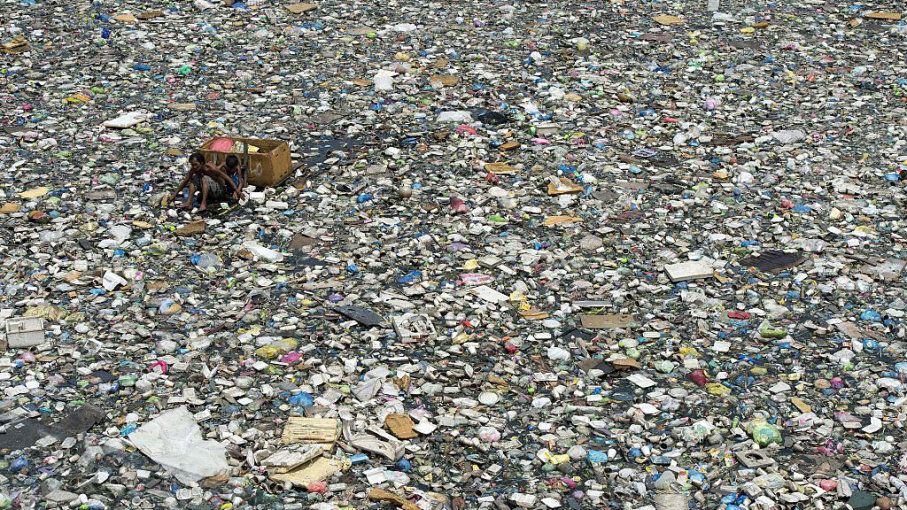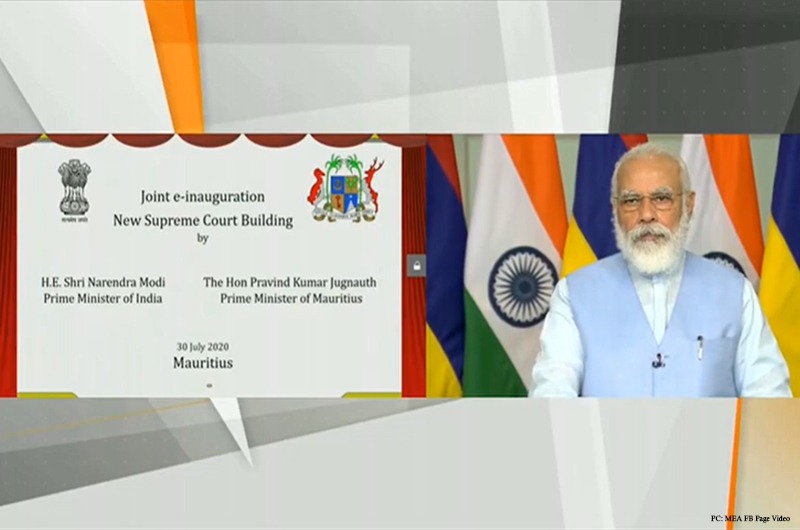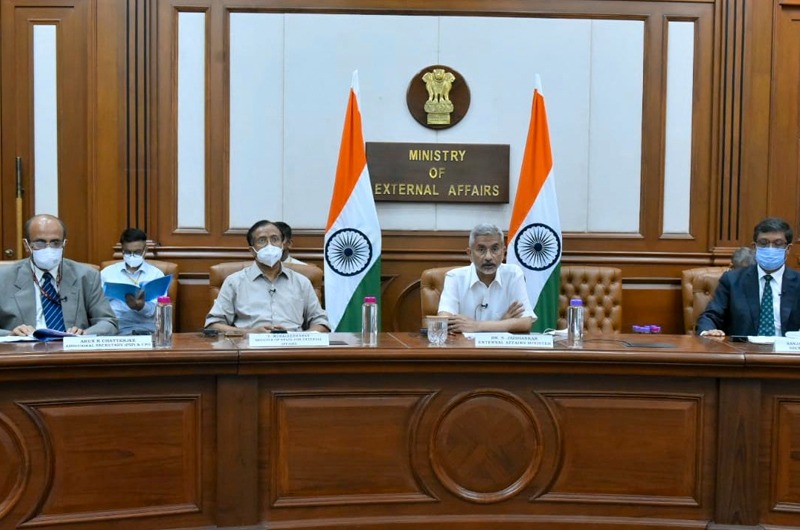

New Delhi: India’s per capita consumption of plastic is expected to double in the coming five years. With the Central Pollution Control Board stating that about 15,000 tons of plastic waste is released every day in the nation, this proposition may come to life sooner than expected. Where on one hand there are governmental organizations and NGOs fighting for the reduction of such consumption, there is a single person in Madurai who considers plastic to be a wonderful resource. The government of India acknowledged his contribution and he was named as one of the 73 recipients of the Padma Shri, the government’s fourth highest civilian honor.
Rajagopalan Vasudevan is responsible for laying down more than 5,000 km worth of plastic roads in at least 11 states across the country. Popularly known as the Plastic Man of India, this 72-year-old professor from Madurai’s Thiagarajar College of Engineering has discovered an ingenious way to build durable roads using plastic waste.
Pollutant free and completely eco-friendly, Vasudevan’s technology is a perfect example of Jugaad or ‘frugal innovation’. While the government normally spends millions for building stable roads for the monsoon, this technology is not only cost efficient but also environment friendly. Additionally, the maintenance costs are also lower compared to other roads. These roads are then designed in a manner that they can accommodate pipelines inside them as they are hollow. Moreover Vasudevan has stated that his technology needs no interference from strong machineries as they are supposed to be created in warehouses and then installed onto pathways directly, thus reducing onsite production costs.

Vasudevan’s innovation was patented in 2006 and it generated interest among civic bodies in the country and in Japan and China as well. The professor, however, chose to share the technology with the Indian government for free. It has since been used to build over 100,000 km of roads in at least 11 states, including Tamil Nadu.
Vasudevan first implemented his idea on the road inside the campus of Thiagarajar College of Engineering. Today, this idea has been adopted by many towns and cities across the country. These include Kovilpatti, Kothamangalam, Madurai, Salem, Wellington, Chennai, Puducherry, Hindpur (Andhra Pradesh), Kolkata, Goa, Shimla, Thiruvananthapuram, Vadakara, Calicut, Jamshedpur and Kochi.
In Tamil Nadu alone, more than 1,200 km of plastic roads have been built covering more than 29 districts under the District Rural Development Agency. Today, more than 12 states are successfully implementing his idea. In a bid to recycle plastic in an environmentally sound manner, the government made it mandatory in November 2015 for road developers to mix plastic with bitumen while constructing roads.
Annually, 500 billion plastic bags are used worldwide most of which are thrown into the depths of our oceans. It may take years of effort and money to tackle this problem, but Vasudevan’s innovation provides a ray of hope for our planet and a possibility of a greener future.








